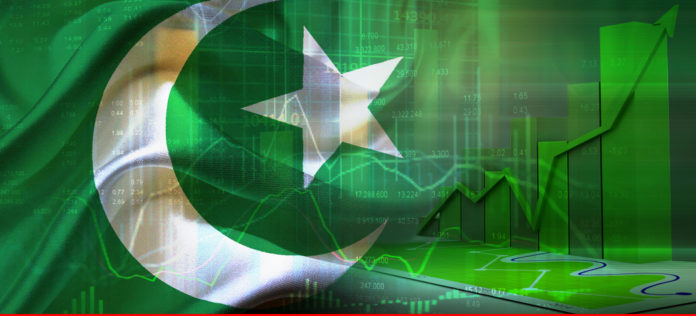Writing for The Express Tribune, Shahbaz Rana reports that the International Monetary Fund (IMF) has demanded that Pakistan increase its interest rates by 150 to 200 basis points, arguing that higher rates are necessary to curb inflation and reduce the country’s current account deficit.
The IMF’s demand comes as Pakistan is struggling to cope with the economic fallout of the COVID-19 pandemic, with GDP contracting by 0.4% in the 2020-21 financial year and inflation reaching nearly 10%, the highest level in years.
The Pakistani government has resisted the IMF’s demands, arguing that higher rates would harm the economy by slowing growth and increasing unemployment. Some economists have also criticised the IMF’s approach, arguing that it is prioritising the interests of creditors over the needs of developing countries. They argue that austerity measures could exacerbate Pakistan’s economic problems by making it more expensive for businesses to borrow money and invest in the economy, and could lead to social unrest and political instability.
Pakistan has already received a $6 billion loan from the IMF in 2019, but disbursements have been suspended due to the government’s failure to meet reform targets. The IMF has indicated that it will not release further funds until the government takes steps to address the country’s economic challenges, including reducing corruption and improving tax collection.
Some experts have suggested that Pakistan could seek assistance from other countries and international organizations, or negotiate a more favourable loan agreement with the IMF.
However, others have argued that bold action is needed to address the country’s economic challenges, including reforms to improve governance and reduce wasteful spending.
To read the full article visit www.tribune.com.pk




